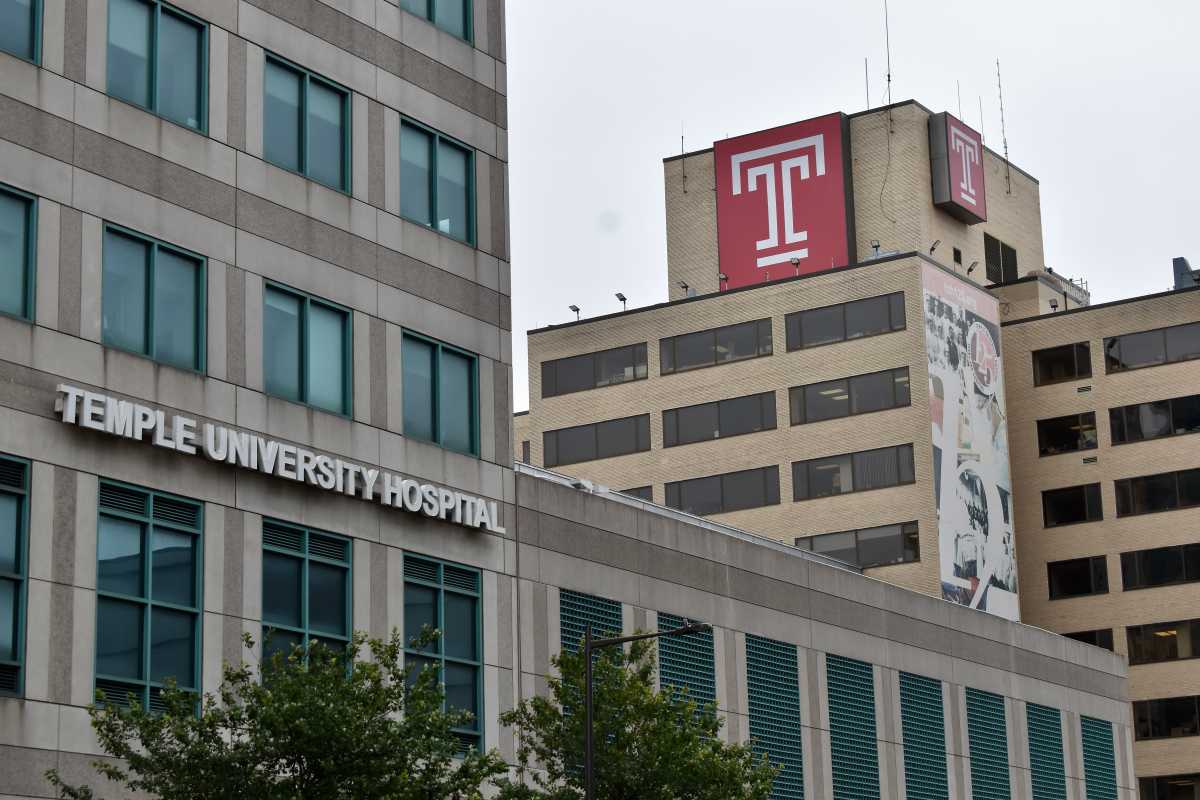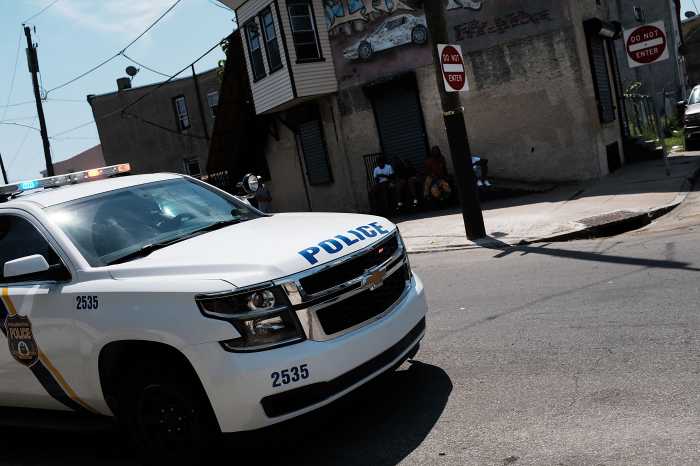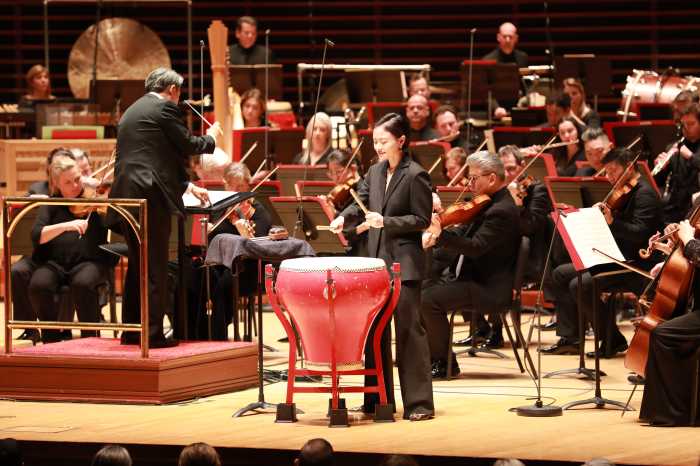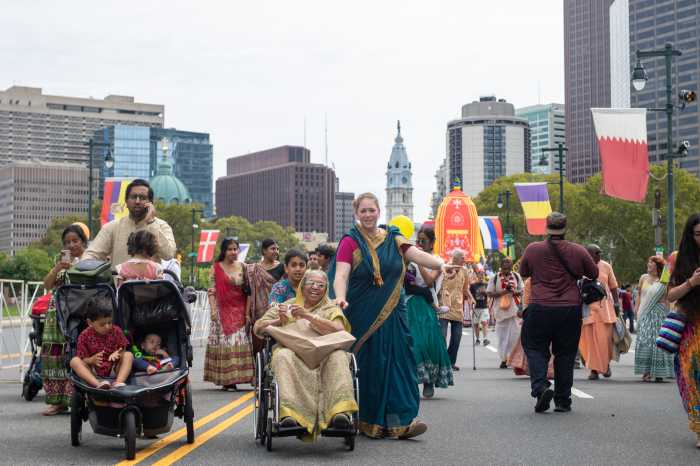A planned strike at Temple University Hospital has been delayed — at least for a week — after an apparent breakthrough on one of the negotiating points in talks between administrators and a pair of unions representing nurses, techs and other staff.
The Temple University Hospital Nurses Association and Temple Allied Professionals, which collectively cover more than 2,600 employees, had intended to initiate a 5-day walk-out beginning Oct. 6. That date has now been moved back to Monday, Oct. 13.
Representatives from the Pennsylvania Association of Staff Nurses and Allied Professionals, a larger organization that incorporates both local unions, said the one-week reprieve was granted after Temple Health leaders dropped a proposal related to healthcare benefits.
Under the provision, members would have had to pay double their current costs for treatment provided outside the Temple Health system, according to PASNAP. Some employees do not live near a Temple facility or have longstanding relationships with other doctors, union officials said.
Putting off the strike deadline will allow Temple to hold onto a $4.5 million payment that was scheduled to go out Monday to an agency providing fill-in nurses, PASNAP said.
Temple Health management, in a statement provided to Metro on Sunday, confirmed the agreement to continue negotiations.
“This is a positive sign, indicating that all parties are committed to ongoing discussions and are hopeful for a productive resolution,” the statement continued.
Last week, Temple Health officials said that they had already allocated $1 million for strike contingency plans and were budgeting another $5 million for the coming week.
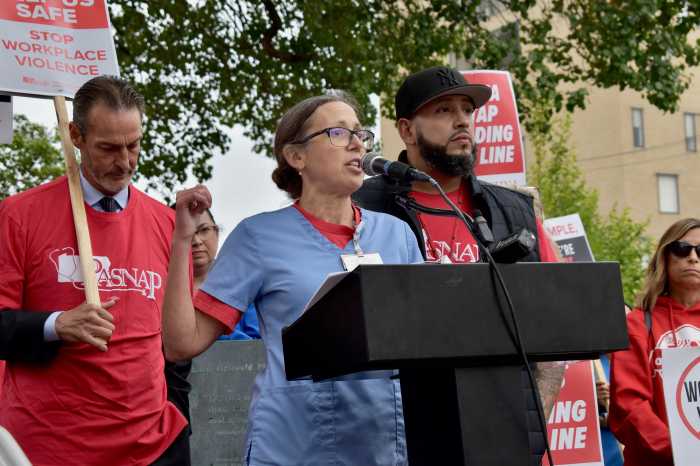
Administrators, in a statement distributed Sept. 24, also countered a claim from TUHNA and TAP leaders that Temple has been spending millions on expansion while not prioritizing front-line healthcare workers.
The $10 million used to acquire a Northwood property that is now Temple’s newly-opened Women & Families Hospital came from a one-time insurance payout stemming from a fire at an administrative building, management said.
Opening that new medical center allowed Temple to convert the former maternity unit at the main North Philadelphia hospital into a “stepdown” division that will generate additional funds and reduce stress on the emergency department, according to administrators.
Purchasing Redeemer Health’s stake in Chestnut Hill Hospital optimizes reimbursement rates and stabilizes that facility’s future, Temple Health representatives added.
In all, the health system’s revenues grew 15.6% last year, and administrators reinvested the money in the form of pay increases and other employee supports, according to Temple.
Temple University Hospital Inc. is one of Philadelphia’s top employers, coming in at No. 8 in a recent analysis from the City Controller’s Office
A TUHNA and TAP work stoppage would primarily impact Temple’s main medical center on North Broad Street and the Women & Families Hospital. One unit at Jeanes Hospital in Burholme is covered by the contract and would join the strike.
The current collective bargaining agreement expires Tuesday, Sept. 30. Unions representing employees at healthcare facilities are required by federal labor laws to provide formal notices at least 10 days before a potential walk-out.
In a vote held Sept. 19, 98% of the TUHNA and TAP members polled authorized union leaders to call for a work stoppage.
Earlier this month, the pair of unions hosted “informational pickets” to raise awareness about workplace safety issues and other concerns.
An August survey of nurses conducted by PASNAP at Temple main found that two-thirds of respondents reported being the victims of violence on the job and nearly 80% said they do not feel safe.
Temple management has agreed to hire an extra security guard and recruit officers who are trained for healthcare settings, PASNAP representatives said. Union leaders are pushing for administrators to commit to a slate of other safety measures, including having police officers or security staff meet private vehicles when drivers pull up to the emergency room.
Staffing, particularly at the Women & Families Hospital, and wages are among the other sticking points, according to PASNAP.



